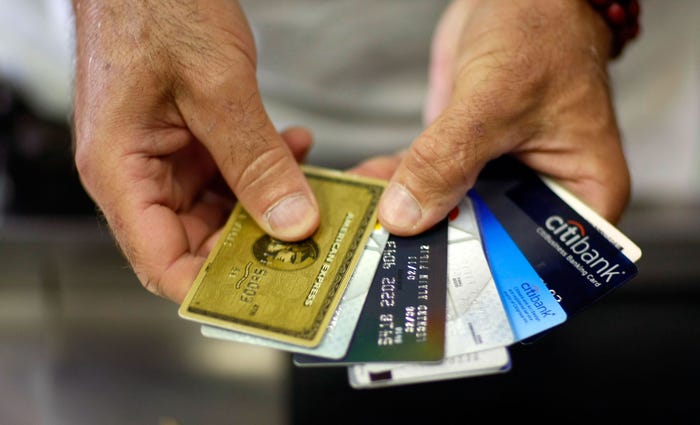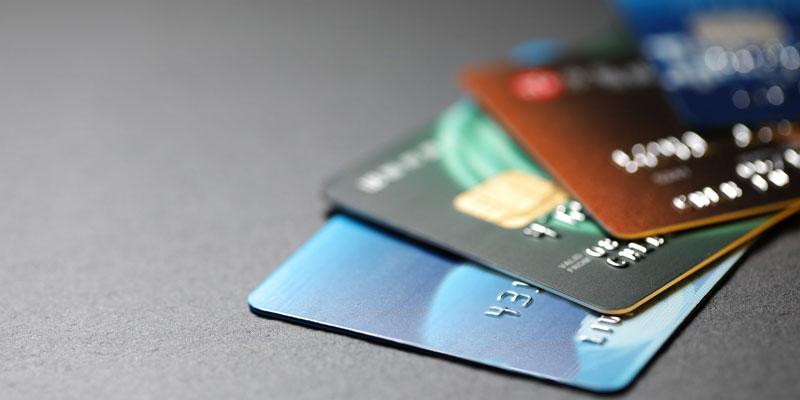Giving and receiving credit is a classic catch-22. Now let's imagine you're fresh out of high school and eager to open your first credit card account. You fill out the application in good faith and wait patiently for a response from the issuing bank, only to learn that your application has been denied.
Why? You don't have a credit report. But how does one begin building a credit score and report? What happens is that you are issued a credit card. It's a catch-22, but there are some simple and low-cost ways to start building credit.
What is a Credit History?

Your capacity to repay debts and your track record of financial responsibility may be gauged by looking at your credit history. The credit report lists all your credit accounts, the time each has been open, the total amount owing, the percentage of available credit used, payment history, and the number of recent credit queries made by potential lenders. Building a credit history requires a beginning point for everyone. To accomplish this, please follow these directions:
Investigate Your Credit Report
Get a free copy of your credit report to verify that you do not have a credit history. You might be taken aback to learn that your gym membership or school loan contributed to establishing your credit history.
Despite the limited time frame, it may be what you need. You have the right to a free copy of the report from the credit bureau that the lender checked with if you were recently denied a credit card or loan. You may see your free credit report once a year at AnnualCreditReport.com.
Tips for Establishing Credit

To paraphrase Plato, "Sin records the past. There is a hush in the house of God. 4 These remarks by Johann Wolfgang von Goethe all too frequently ring true in the credit reporting industry.
While it could seem advantageous to have no credit since it shows that you're financially stable enough to pay cash for everything you've bought, creditors want evidence that you won't simply disappear with their money. Some alternatives to typical credit cards exist if you know that you don't have a credit history or if your credit history isn't strong enough to get you accepted.
Obtain A Card With Your Existing Bank
If you don't have a credit history but do have a bank account, you may still be able to receive a credit card. Getting a secured credit card is the very minimum you'll need. Your credit limit on a secured card equals the amount of money you keep on deposit. A secured credit card might help you establish a credit history even if its credit limit is low.
A regular, unsecured credit card should be available after you show responsible use of the secured card. There is also the option of getting a small secured loan from the bank and paying it back over time.
However, this is a waste of resources unless there are no other choices. There will be interest payments on that loan, and no matter how little they may be, you shouldn't spend money you don't have. You won't have to worry about interest if you pay your monthly secured card balance in full. 6
Add Yourself As A Verified User
Check with your spouse, parents, siblings, or close friends to see if they would be willing to add you as an authorized user on their credit card account if you had a lengthy history of on-time payments, a high limit, and low or paid-off debt. In this way, you can reap the rewards of their responsible use of credit.
Check their credit history and ensure you can trust them to pay their bills on time and not rack up a balance on a card that will be their responsibility. One such option is not to use the card if worries arise. They don't have to take on the risk, and you still profit from their credit history.
The Bottom Line
Having a high credit score will benefit you in many ways, not only when applying for loans or credit cards in the future. The cost of your insurance premiums may go up, and in some cases, you may not even be able to rent an apartment or get hired. Therefore, building a credit history is a long-term investment that will pay dividends.




